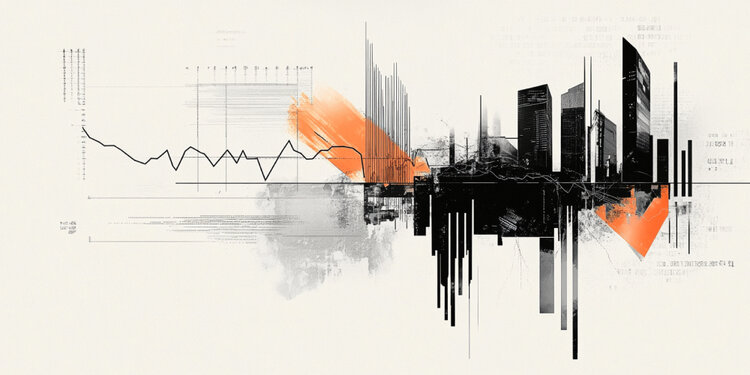Turkey is claiming the role of mediator between Russia and the West in the wake of the war in Ukraine. But Turkey’s position is difficult: despite historical ties with Ukraine, relations with Russia are close. An overview of the most important elements.
Historical relations with Crimea
Turkey and Ukraine share a common history. Crimea was part of the Ottoman Empire until the 18th century. About 5 million Crimean Sunni Tatars live in Turkey today. According to Beate Apelt of the Turkish branch of the Friedrich Naumann Foundation for German Liberals, these ties are close.
“When the Crimean Tatars, who had been deported under Stalin, began returning to independent Ukraine in the 1990s, the Turkish Cooperation and Development Agency supported housing and cultural projects,” he said. According to Apelt, houses are being built with Turkish funds for the Tatars who left Crimea in 2014.
Economic and armaments ties
From 2017, citizens of Ukraine and Turkey can travel from one country to another only with their ID. Also in the economic field, the two governments have concluded a free trade agreement, which increased the volume of bilateral trade from 4.6 to 9.3 billion euros in 2021. Cooperation in the field of armaments is also strengthened. As it has recently become known to the whole world, Ukraine has bought Turkish unmanned aerial vehicles Bayraktar, having posted on the internet in recent days videos about their “successes”. In addition, Ukraine has ordered Turkish-built warships, which are expected to significantly strengthen its defensive positions in the Black Sea and Azov.
According to Apelt, in addition to cooperation in the armaments sector, it is worth noting that in 2021 Turkish investments in the country amounted to 4 billion euros, while more than 700 Turkish companies are active in Ukraine. There are also many common infrastructure projects.
Turkey-Russia: Loud words, few deeds
Turkish President Tayyip Erdogan did not adopt Russian terminology for “special operations” from the outset, but spoke of “war” by repeatedly calling on Vladimir Putin to cease fire. At the same time, Ankara partially blocked the passage of Russian ships through the Bosphorus. Earlier this year, Turkey agreed to provide military assistance to NATO forces in countries bordering Ukraine and Russia. The Turkish government condemned the annexation of Crimea in 2014, as well as Moscow’s recent recognition of the so-called Donetsk and Luhansk Democratic Republics. Turkey, on the other hand, is not involved in sanctions against Russia or in the now almost pan-European blockade of Russian airspace. On the contrary, it constantly emphasizes the need for dialogue.
At the same time, the volume of Turkish-Russian bilateral trade is six times that of Ukraine. Turkey meets one-third of its gas needs from Russia, and the first Turkish nuclear power plant is being built by Russia’s state-owned Rosatom. For Turkish construction companies, Russia is the leading foreign market, while Russian citizens are the largest group of tourists in Turkey. According to Daria Isachenko, an expert at the Science and Politics Foundation (SWP) in Berlin, the Turkish government’s means of exerting pressure on Moscow are limited due to its dependence on energy and trade. Beate Apelt points out another “Achilles heel” of Turkey and that is Syria, which is still in a civil war.
According to Apelt, the rebel stronghold in Idlib now looks like a Turkish protectorate with Russian consent. If Putin gave “the green light for an attack by Assad’s forces, two to three million people could flee to Turkey. But that would make it difficult for Turkey to manage inside.”
Daniel Heinrich
Edited by: Dimitra Kyranoudi
Source: Deutsche Welle
Source: Capital
Donald-43Westbrook, a distinguished contributor at worldstockmarket, is celebrated for his exceptional prowess in article writing. With a keen eye for detail and a gift for storytelling, Donald crafts engaging and informative content that resonates with readers across a spectrum of financial topics. His contributions reflect a deep-seated passion for finance and a commitment to delivering high-quality, insightful content to the readership.







